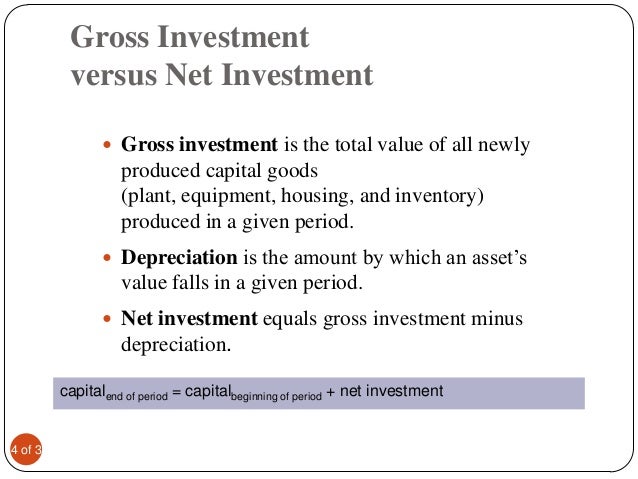Gross (economics)
The term derives gross " total" from Italian and means for eg: gross salary before deduction of taxes and social security contributions. Originally, the term derives from the Latin word brutus for " clumsy ", " dull ", " unclean" from.
Examples:
- A gross price already includes the sales tax ( gross = net tax).
- A gross salary ( pay) has not yet been to taxes and the employee's share of social security contributions decreased ( gross = net tax employee's share of social security contributions ). The employer's share of social security contributions is, however, not usually expressed in gross salary. ( The reason for this is that the gross salary in employment or collective agreements shall be determined, while the - in addition to compensation payable by the employer -. Employer share results on social security from the laws and can not be directly influenced by the bargaining parties )
- A gross weight includes the weight of the goods and its packaging and other packaging and the product carrier, such as a transport pallet or container. The difference between gross and net weights is called at Tara.









.svg/2000px-Gross_Domestic_Product_of_California_2008_(millions_of_current_dollars).svg.png)